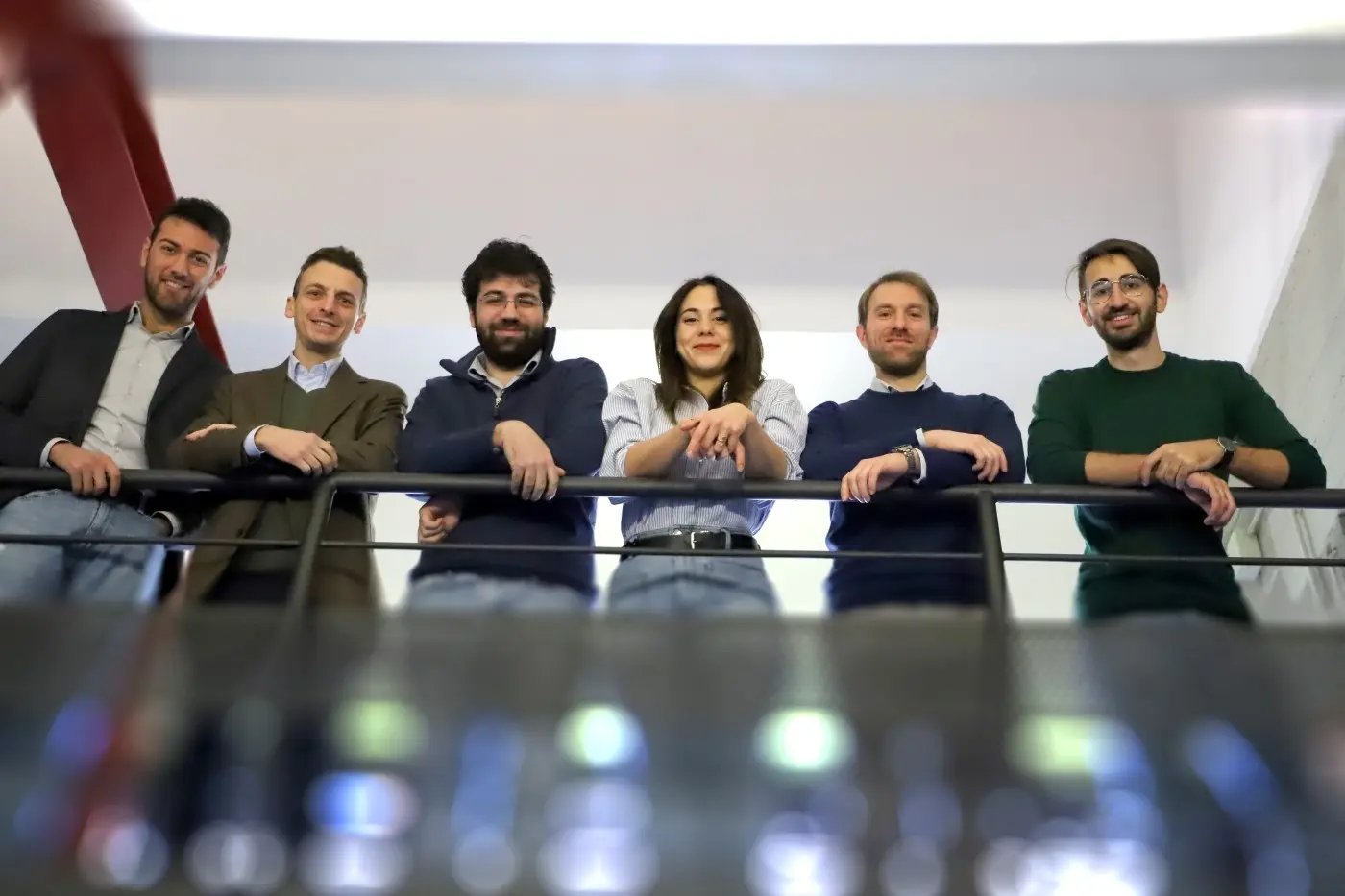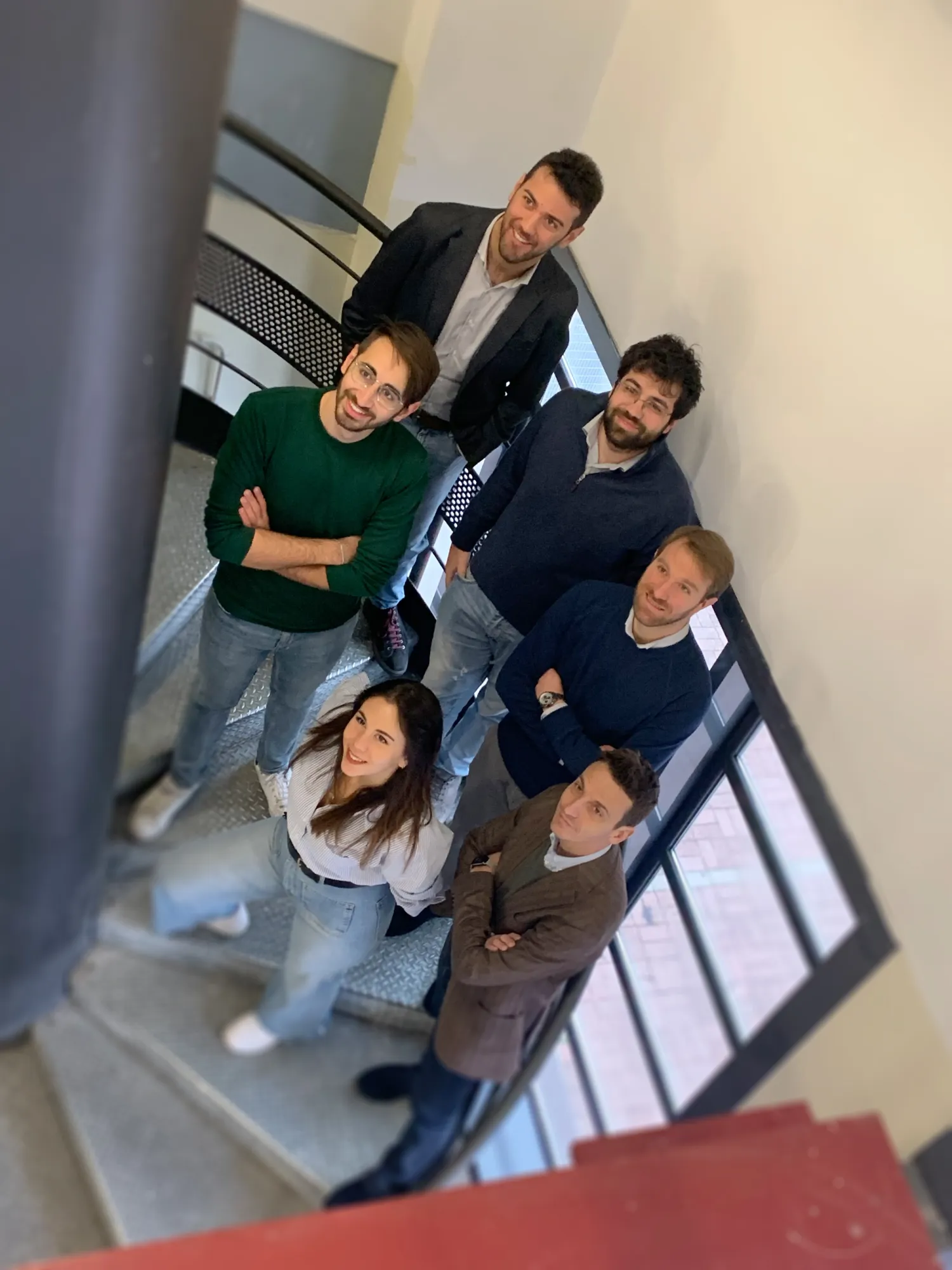POLITECNICO DI MILANO TOWARDS AUTONOMOUS SPACE EXPLORATION WITH THE ERC-POC PROJECT GUIDO

Professor Francesco Topputo from the Department of Aerospace Science and Technology of Politecnico di Milano wins another grant from the European Research Council (ERC) with the project GUIDO – “A Computing Unit for Autonomous Spacecraft Guidance in Deep Space”.

GUIDO has been awarded the prestigious Proof-of-Concept (PoC), a grant accessible solely to the principal investigators of an ERC project. The objective of the PoC is to turn basic research into applied research trough a technological demonstrator. In 2019, Prof. Topputo won the prestigious ERC Consolidator Grant from European Commission worth €2M with EXTREMA – “Engineering Extremely Rare Events in Astrodynamics for Deep-Space Missions in Autonomy”, while in 2021 he won the PoC SENSE – “A Sensor for Autonomous Navigation in Deep Space”. With GUIDO, the number of ERC projects awarded by Prof. Topputo amounts to three.
EXTREMA will establish the “self-driving CubeSats”, miniaturized spacecraft of the size of a shoebox able to drive themselves during the cruise, without requiring contact with ground. The project presents many challenges: the nanosatellites will have to determine autonomously their position in deep-space and drive autonomously themselves towards the destination with miniaturized propulsion units. EXTREMA will make use of artificial intelligence and sophisticated ballistic capture methods to acquire orbit about planets.
GUIDO brings forward EXTREMA’s research which has established the basis for an autonomous guidance unit in deep space. Guiding a satellite means planning and correcting its trajectory besides deciding how to orient its thrusters during maneuvers. It is similar to driving a car from home to a far away destination, with the big difference that in deep space there are no gas stations: hence, it is fundamental take the right turn and always follow the most fuel-efficient route. The novelty of GUIDO is the capability of finding such trajectories with robust and reliable optimization techniques running on a dedicated low-power and low-performance computing board. The development of the GUIDO proof-of-concept will be carried out at the DART Lab, the laboratory managed by Prof. Topputo where guidance and navigation algorithm for space satellites are experimented with integrated hardware-in-the-loop simulations.
Computing autonomously on-board a spacecraft trajectory has various advantages: satellites will no longer need to wait for a communication window for uploading of the guidance commands; rather, they will be able to compute them on board, thus reducing time delays and avoiding both costly communications with large antennas and human intervention. This will pave the way to an increasing number of missions in the deep space with an exponential growth of the scientific return. The GUIDO project has already attracted attention from the European Space Agency (ESA) and from major space companies for the involvement in its realization and future adoption.
Photo Credits: Laura Dalzini e Simona Gorgoglione